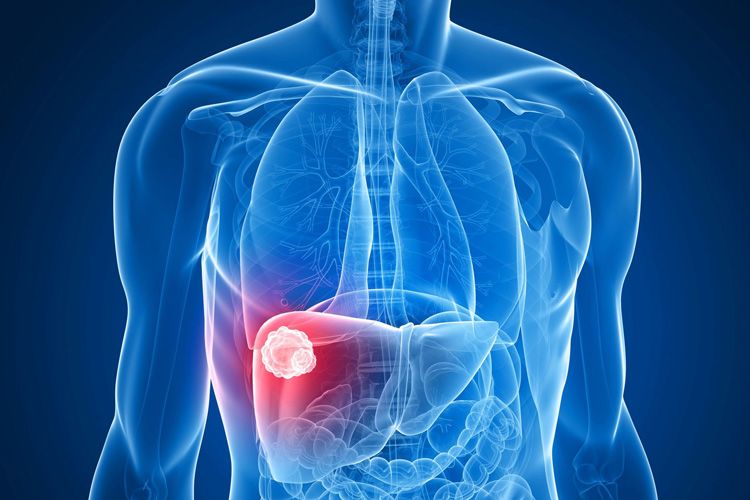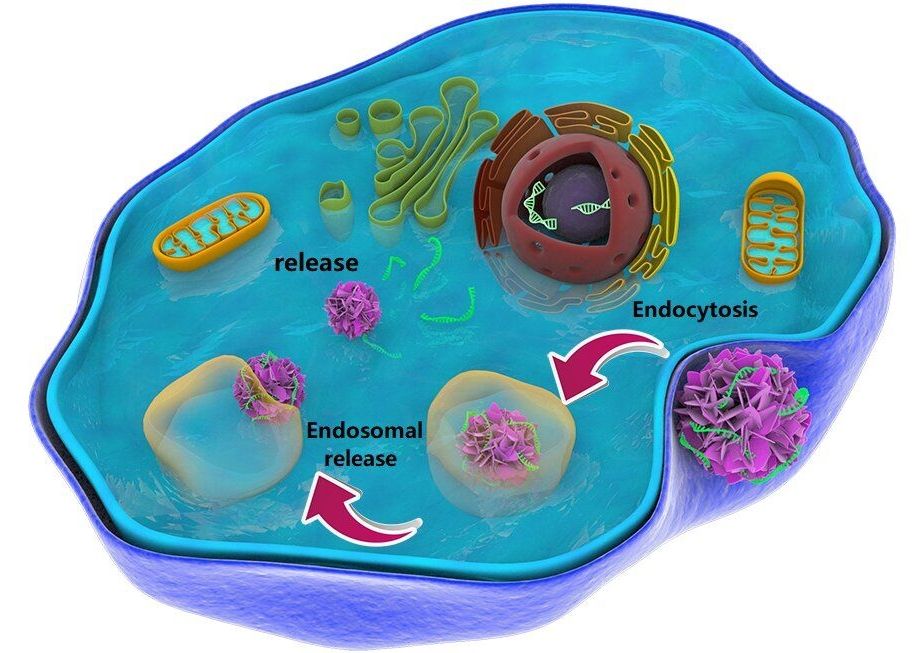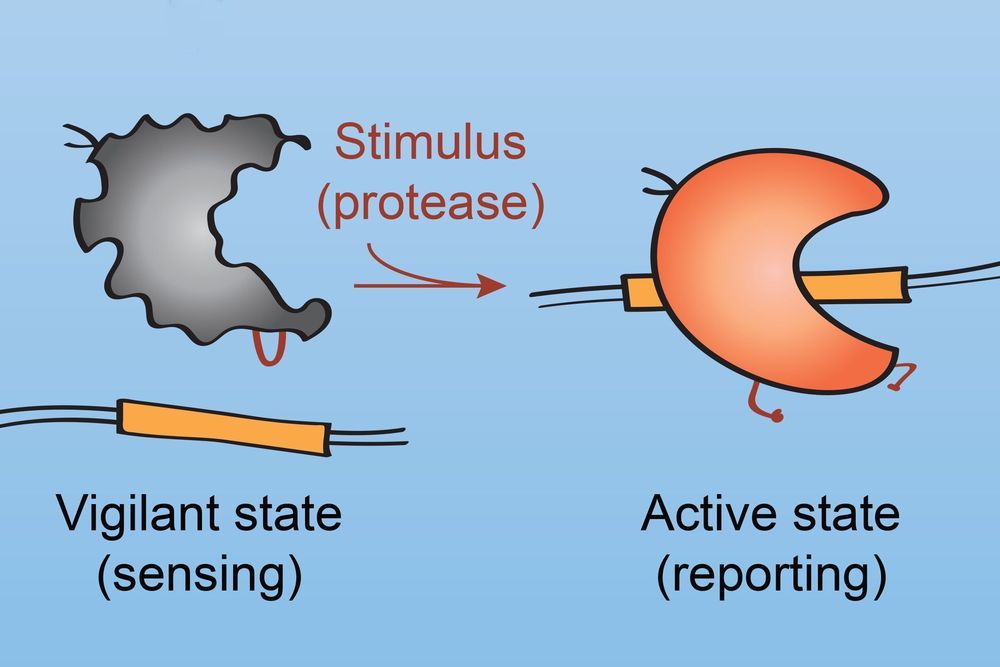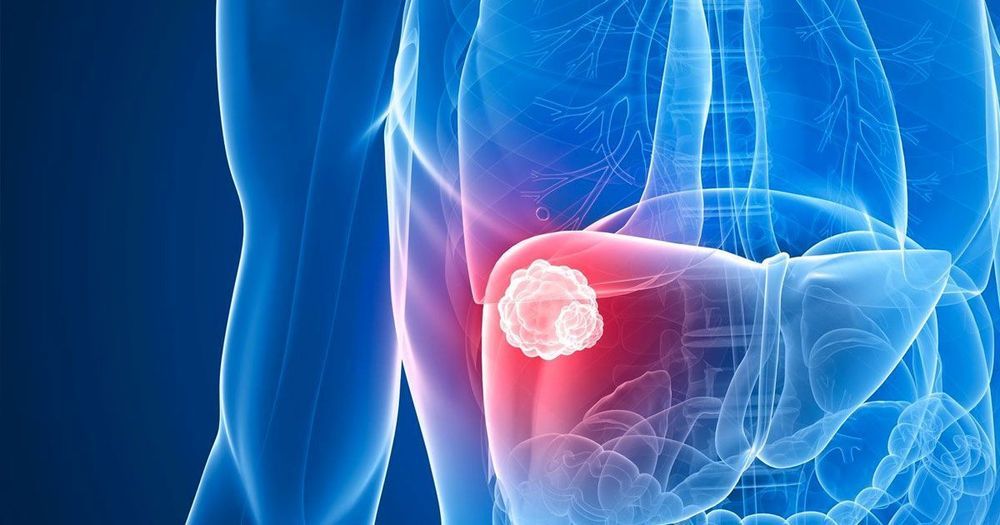Page 9218
Jan 10, 2019
Researchers develop bioinspired nanoscale drug delivery method
Posted by Genevieve Klien in categories: biotech/medical, nanotechnology
Washington State University researchers have developed a novel way to deliver drugs and therapies into cells at the nanoscale without causing toxic effects that have stymied other such efforts.
Jan 10, 2019
Handover for fully flexible satellite
Posted by Genevieve Klien in category: quantum physics
UK engineers complete the build of a novel software-defined telecoms satellite called Quantum.
Jan 10, 2019
Giving Cas9 an ‘on’ switch for better control of CRISPR gene editing
Posted by Genevieve Klien in categories: bioengineering, biotech/medical, genetics
CRISPR-Cas9 is a revolutionary tool in part because of its versatility: created by bacteria to chew up viruses, it works equally well in human cells to do all sorts of genetic tricks, including cutting and pasting DNA, making pinpoint mutations and activating or inactivating a gene.
Jan 10, 2019
Laser triggers electrical activity in thunderstorm for the first time
Posted by Genevieve Klien in category: climatology
A team of European scientists has deliberately triggered electrical activity in thunderclouds for the first time, according to a new paper in the latest issue of Optics Express, the Optical Society’s (OSA) open-access journal. They did this by aiming high-power pulses of laser light into a thunderstorm.
Jan 10, 2019
New strategy may curtail spread of antibiotic resistance
Posted by Genevieve Klien in category: biotech/medical
Spotless surfaces in hospitals can hide bacteria that rarely cause problems for healthy people but pose a serious threat to people with weakened immune systems. Acinetobacter baumannii causes life-threatening lung and bloodstream infections in hospitalized people. Such infections are among the most difficult to treat because these bacteria have evolved to withstand most antibiotics.
Jan 10, 2019
Machine learning leads mathematicians to unsolvable problem
Posted by Sean Cusack in categories: mathematics, robotics/AI
AI researchers connect machine learning to Godel’s Incompleteness Theorem via a finding of unLearnability.
Simple artificial-intelligence problem puts researchers up against a logical paradox discovered by famed mathematician Kurt Gödel.
Jan 10, 2019
“Drug Sponge” Sits in Veins During Chemo to Minimize Side Effects
Posted by Genevieve Klien in category: biotech/medical
Jan 10, 2019
Making Superhumans Through Radical Inclusion and Cognitive Ergonomics
Posted by Genevieve Klien in categories: information science, robotics/AI
These dated interfaces are not equipped to handle today’s exponential rise in data, which has been ushered in by the rapid dematerialization of many physical products into computers and software.
Breakthroughs in perceptual and cognitive computing, especially machine learning algorithms, are enabling technology to process vast volumes of data, and in doing so, they are dramatically amplifying our brain’s abilities. Yet even with these powerful technologies that at times make us feel superhuman, the interfaces are still crippled with poor ergonomics.
Many interfaces are still designed around the concept that human interaction with technology is secondary, not instantaneous. This means that any time someone uses technology, they are inevitably multitasking, because they must simultaneously perform a task and operate the technology.
Continue reading “Making Superhumans Through Radical Inclusion and Cognitive Ergonomics” »


















